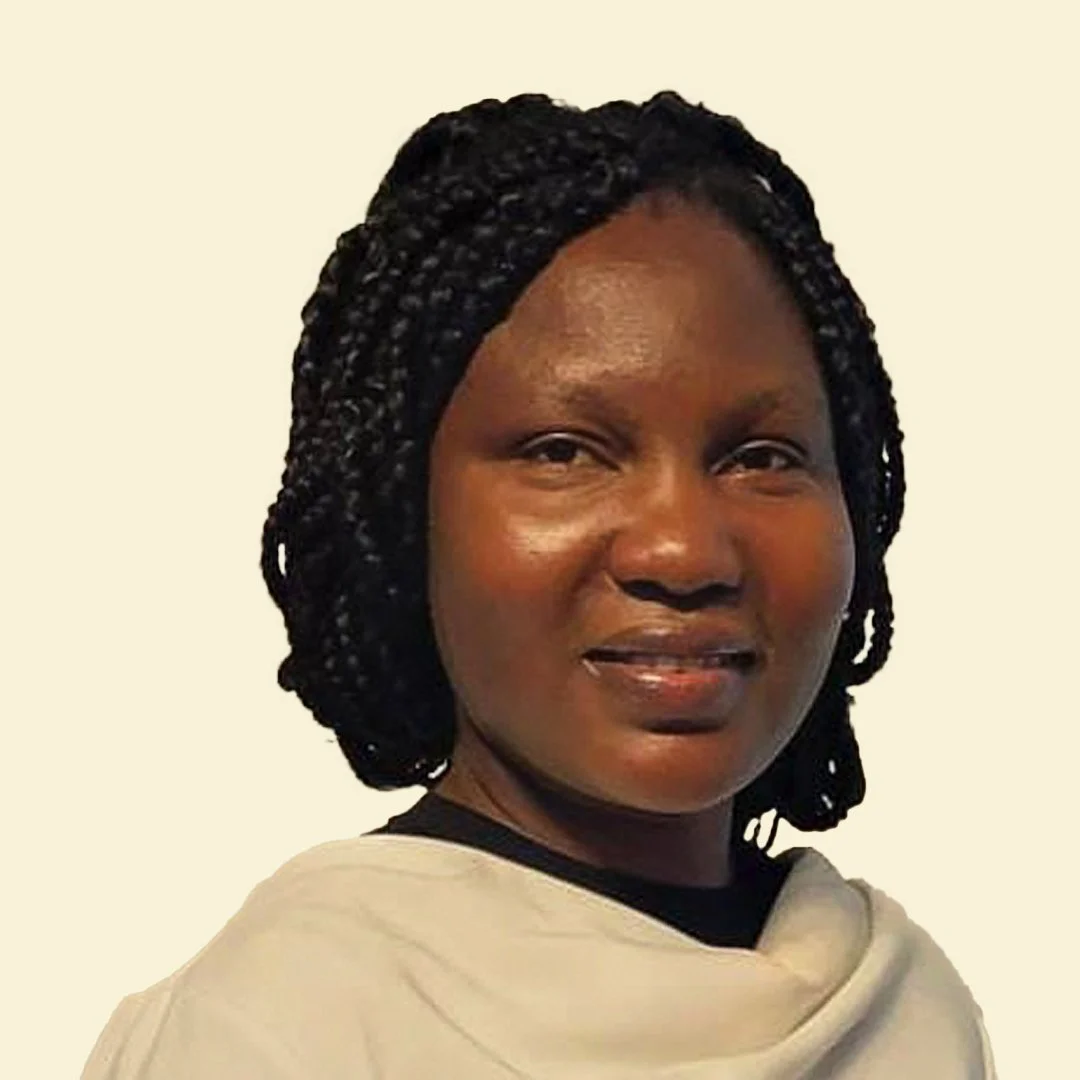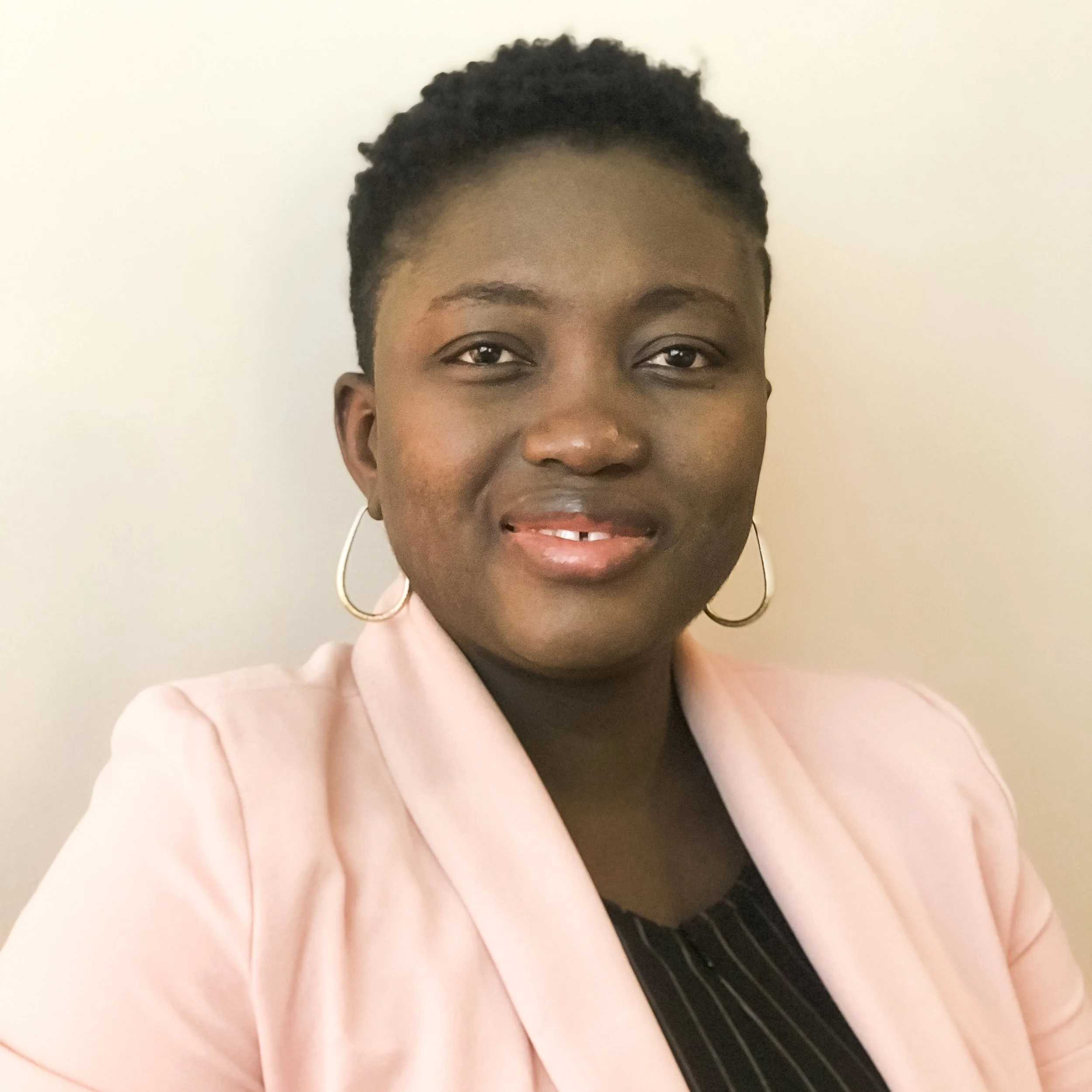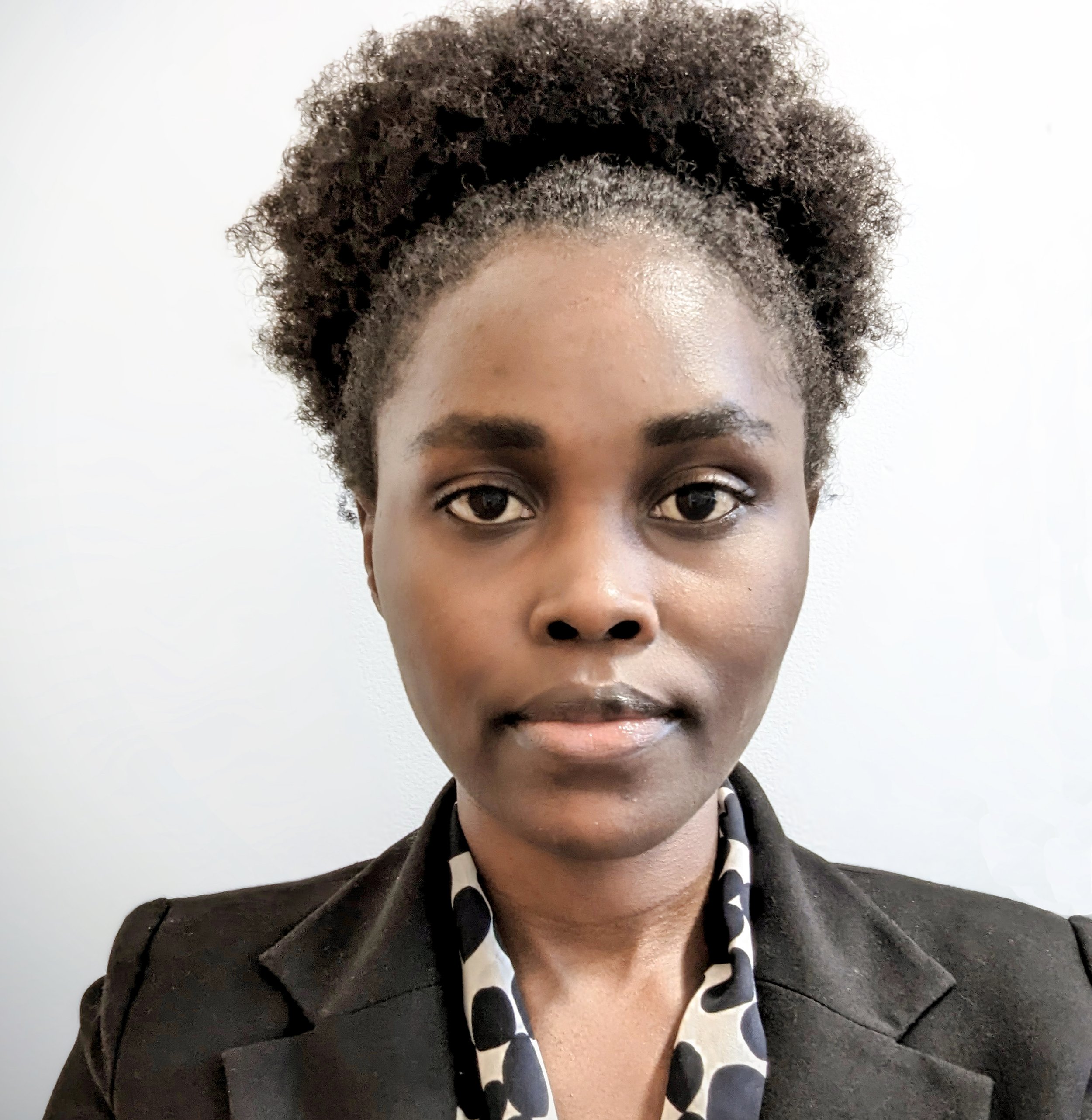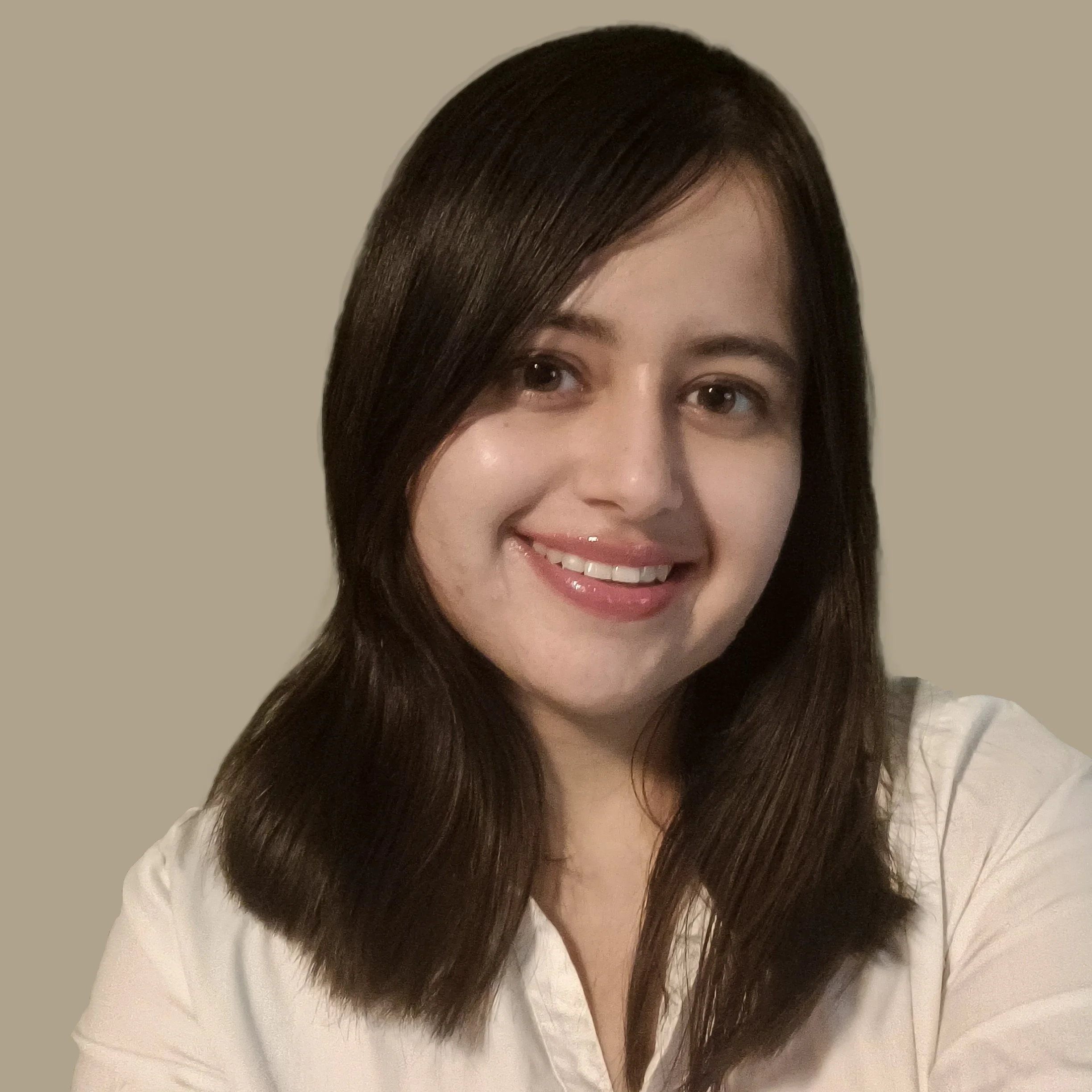Bernice Adekeye (33), Nigerian, is pursuing a doctorate in Bilingual Education at Gallaudet University. Her career goal is to contribute to improving Deaf education in Nigeria through research, advocacy, and innovation. Bernice says she is conscious of her two identities: “I am a woman, I am Deaf, and there are others like me.” This drives her to be a role model for others.
She is committed to serving women, especially Deaf girls and young women, by advocating for their inclusion, education, and empowerment. She gives public speaking training to Deaf female students in Nigeria to help build their confidence, self esteem, and assertiveness skills.
Bernice established NGO Luminous Deaf Scholastic Initiative, which organizes national quizzes and literary competitions for secondary and tertiary Deaf and hard of hearing students in Nigeria. She also volunteers with the Nigerian Deaf Women Association. In October 2020, she participated in the sexual and reproductive health and rights innovation lab organized by the Disability Resource Advocacy Centre; as an Innovation team member, she designed innovative ideas to alleviate challenges experienced by women with disabilities in Nigeria and researched maternity healthcare for Nigerian Deaf women to improve access to services and the quality of those services.












